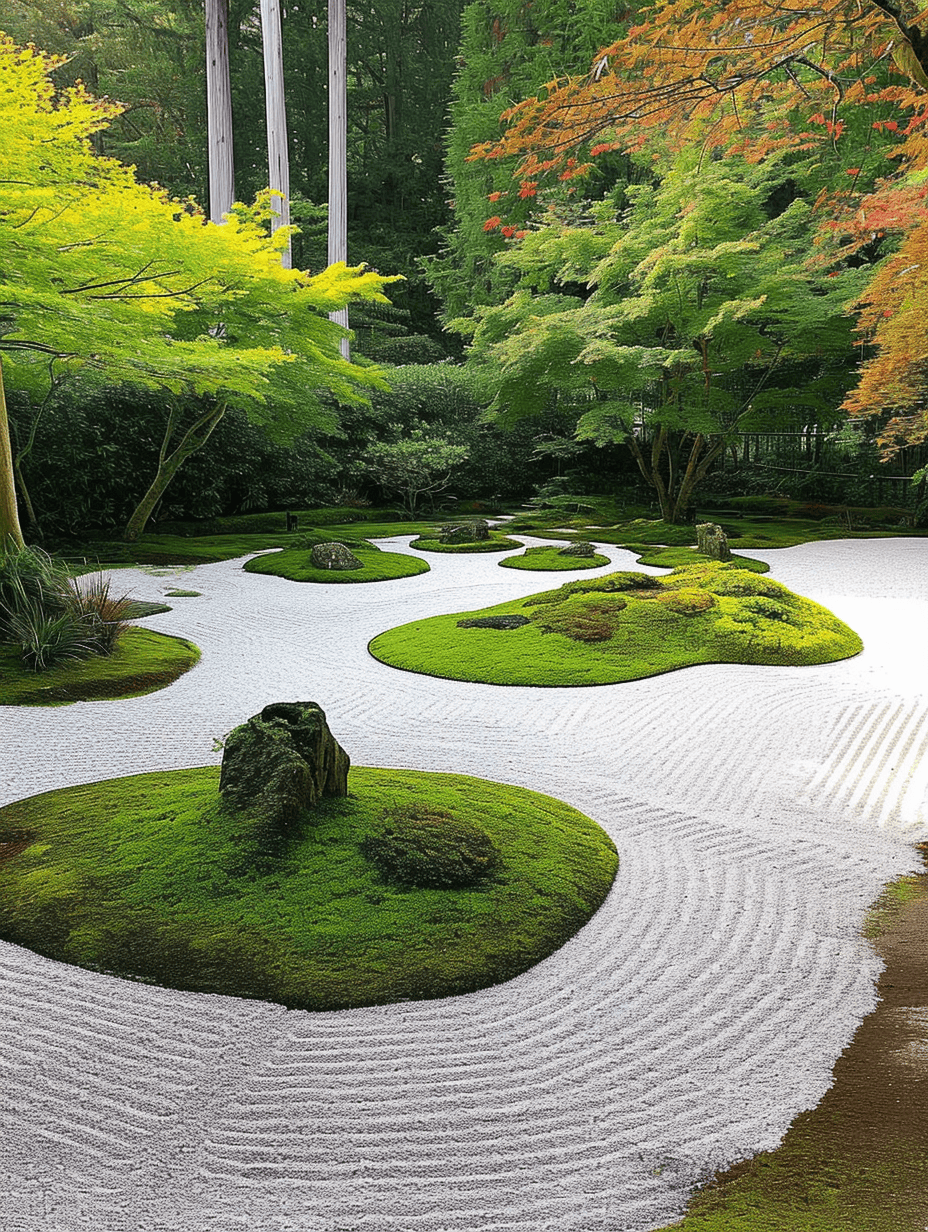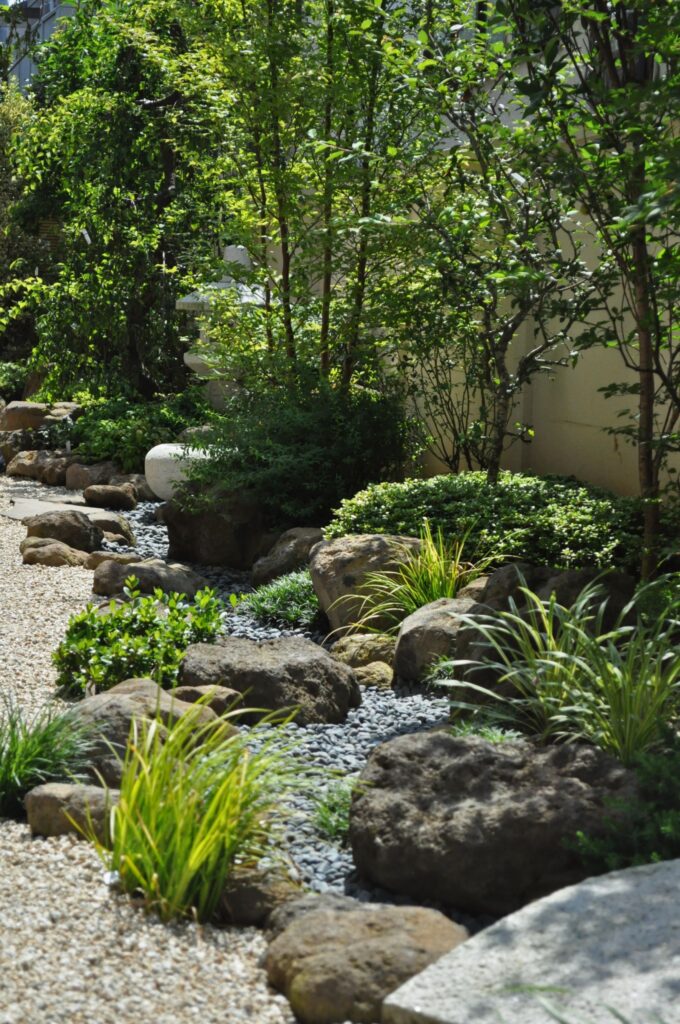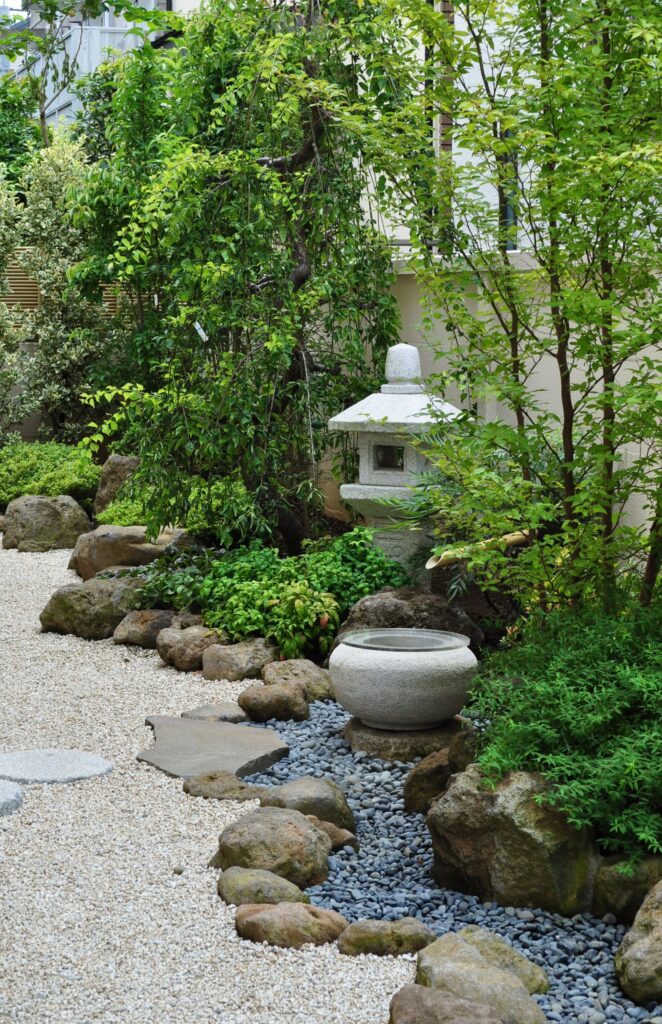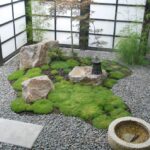Zen garden design is a beautiful and contemplative art form that originated in Japan. It is a practice that combines elements of nature, architecture, and symbolism to create a space that promotes relaxation, meditation, and mindfulness. The design of a zen garden is carefully planned to evoke a sense of harmony and tranquility, making it an ideal space for reflection and contemplation.
One of the key principles of zen garden design is simplicity. Zen gardens are typically minimalist in nature, with clean lines, uncluttered spaces, and a limited color palette. This simplicity helps to create a sense of calm and order, allowing visitors to focus on their thoughts and feelings without distractions. Rocks, gravel, and sand are often used as the main elements in a zen garden, symbolizing the essence of nature in its purest form.
Another important element of zen garden design is balance. The arrangement of rocks, plants, and other features in a zen garden is carefully planned to create a sense of equilibrium and harmony. This balance helps to create a sense of peace and serenity, making it easier for visitors to find a sense of inner calm and stillness within the space. This balance is also reflected in the use of asymmetrical design elements, which create a sense of movement and flow within the garden.
Zen gardens are often designed to be viewed from a specific vantage point, such as a meditation platform or a nearby building. This perspective allows visitors to fully appreciate the beauty and tranquility of the garden, as well as the symbolism and meaning behind its design. By creating a space that is both visually striking and spiritually inspiring, zen garden designers are able to create a peaceful and meditative environment that encourages introspection and self-reflection.
In addition to rocks and gravel, plants are also an important element of zen garden design. Trees, shrubs, and other greenery are often used to bring a sense of life and vitality to the space, while also providing shade and shelter for visitors. The careful selection and placement of plants in a zen garden is essential to creating a sense of balance and harmony, as well as a connection to the natural world.
Overall, zen garden design is a thoughtful and deliberate process that seeks to create a space that is both beautiful and meaningful. By incorporating elements of nature, architecture, and symbolism, zen garden designers are able to create a space that promotes relaxation, mindfulness, and inner peace. Whether used for meditation, contemplation, or simply to appreciate the beauty of the natural world, zen gardens offer a unique and inspiring space for visitors to connect with themselves and the world around them.
 yishifashion Where Outdoor Dreams Become Reality
yishifashion Where Outdoor Dreams Become Reality

















